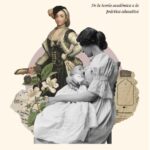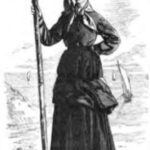Clavero’s words are framed between the second half of the 18th century and the 19th century. At this time, the enlightened and reformers proposed changes aimed at modernising the country, a claim that was not always in line with the interests of other social groups, in this case the nobility. The struggle against these institutions, which according to the Enlightenment had hindered economic progress, took place as these reforms found some support in political power. Little by little, legislation would attempt to intervene in this type of feudal regimes in order to obtain greater tax revenues as well as greater political intervention. The bourgeoisie sought with this type of reform to consolidate political power on a territorial level, for which the power of the lords was an obstacle. At the same time, they wanted to establish a capitalist economy, which required the abolition of this feudal institution. For the monarchy, the interest lay in meeting the increase in state expenditure, which, according to Francisco Javier Guillamon Alvarez, had become burdensome since the end of the 18th century.
Collection: Texts
Chronology: XVIII, XIX
Scope: Secondary Education, Baccalaureate, University
Link: http://rua.ua.es/dspace/handle/10045/4637
Resource type: Secondary source
Source: CLAVERO, B.: Mayorazgo. Propiedad feudal en Castilla (1369-1836), Madrid, 1974, pag. 302
Language: Spanish
Date: 1976
Owner: Djebril Bouzidi (Modernalia)
Identifier: CLAVERO, B.: Mayorazgo. Propiedad feudal en Castilla (1369-1836), Madrid, 1974, pag. 302
Copyright: Bartolomé Clavero
Abstract: Fragment of text in which Bartolomé Clvero points out the tensions existing between the monarchy and the nobility when the former has a reformist spirit
Tags





